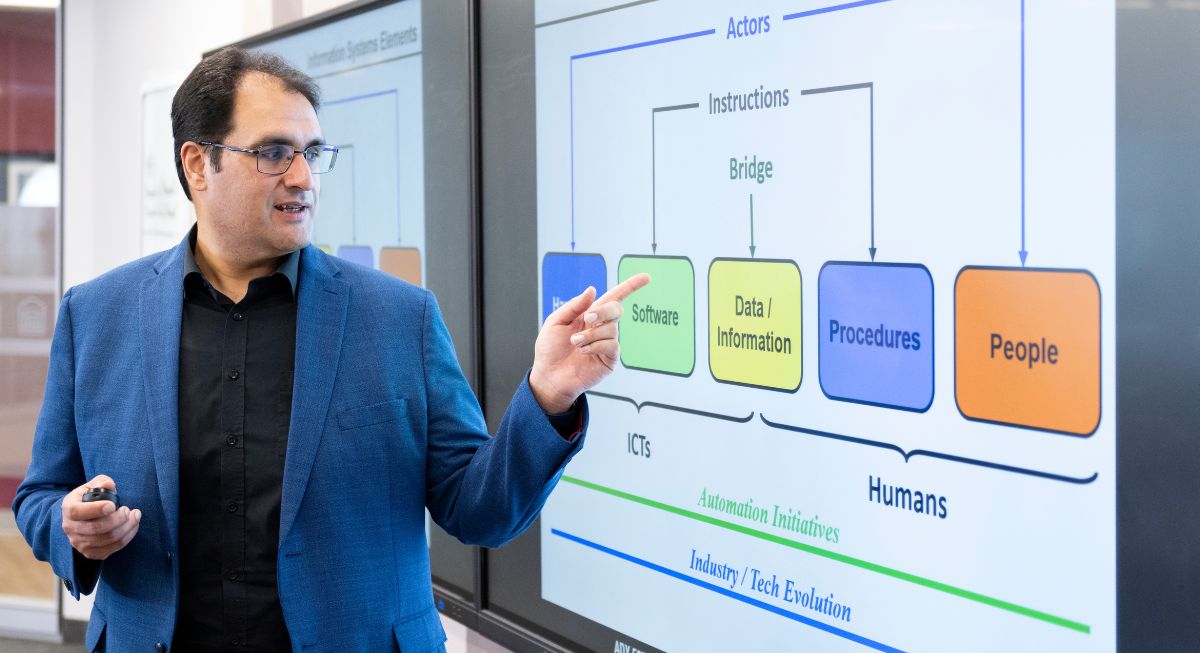International production, trade and investments are increasingly organized within “global value chains” (GVCs), in which multinational corporations allocate different stages of the production process to different suppliers in different countries. Today, a finished product could be manufactured and assembled in multiple countries, with each production stage adding value.
Companies used to make things primarily in one country. Now, COVID-19 has highlighted the need to understand many countries’ dependency countries on suppliers across the world.
Deriving social and environmental benefits

Telfer professor Tommaso Ferretti has received a SMRG Research Grant to identify policies and governance mechanisms that use firms’ participation in GVCs to foster access to “impact investments,” investments with social or environmental benefits. He’ll be looking at the Caribbean region in particular.
Current research hasn’t examined the means by which GVC-oriented policies can foster access to impact investing and promote sustainable inter-firm GVC relationships. Ferretti will focus on agro-industrial GVCs in the Caribbean and the policy debates and initiatives concerning local firms’ access to impact investing.
Participation in global value chains can lead to increased job creation and economic growth. Organizations like the World Bank Group and the United Nations International Trade Centre are helping developing countries understand the role that GVCs can play in delivering growth, increasing regional and global integration and managing external shocks.
Policymakers in emerging economies are pursuing policies enabling local firms’ participation in GVCs. However, this isn’t enough to achieve the UN Sustainable Development Goals, due to a lack of private and public investment in sustainability. Impact investments can address the lack of financial resources by funding sustainability in emerging economies.
Research benefits
Ferretti’s work will contribute to the literature on international business and development. It will also provide policymakers and development practitioners with recommendations on reducing the huge disconnect between supply and demand regarding impact financing for the agricultural sector in emerging economies.
The work will also help key actors in the impact investing ecosystem, such as the Council on Smallholders Agricultural Finance (CSAF), adding evidence to consolidate and expand markets for sustainable financing.
Finally, the project will offer training for a graduate student in conducting literature reviews, structuring surveys for qualitative and quantitative data collection, applying qualitative analysis methodologies and facilitating two knowledge dissemination events.











